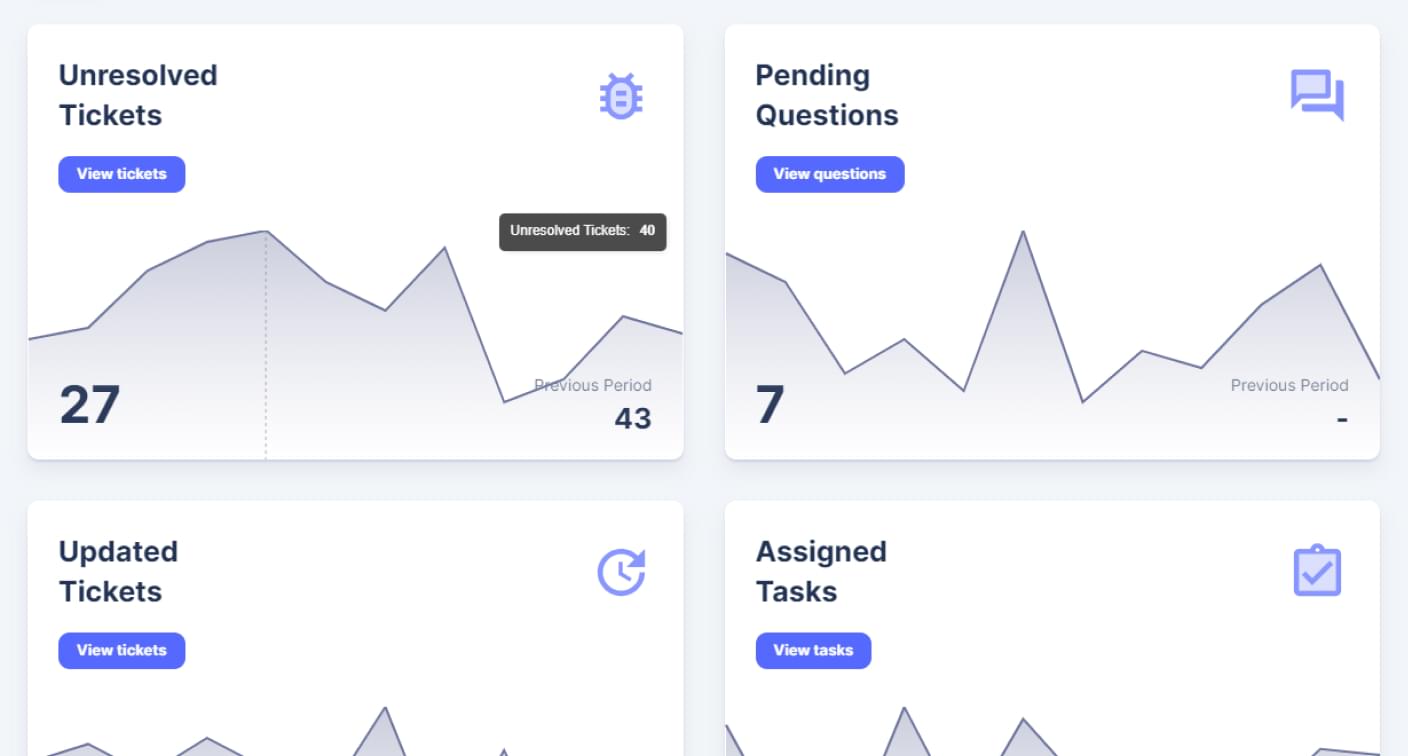In the construction industry, managing tasks efficiently is crucial for timely project completion and overall success. Construction task management involves organizing, scheduling, and overseeing tasks to ensure that projects run smoothly, stay on budget, and meet quality standards. Here's a comprehensive guide on effective construction task management strategies to enhance productivity and project outcomes.
Importance of Construction Task Management
Construction projects are often complex, involving multiple stakeholders, numerous tasks, and strict deadlines. Effective task management ensures that all elements of a project are coordinated, reducing the risk of delays, budget overruns, and quality issues. By implementing robust task management practices, construction managers can achieve:
Improved Efficiency: Streamlining workflows and processes.
Enhanced Communication: Facilitating better coordination among team members.
Cost Control: Monitoring expenses and avoiding unexpected costs.
Timely Completion: Meeting project deadlines and milestones.
Key Components of Construction Task Management
Project Planning and Scheduling:
Define Tasks: Break down the project into smaller, manageable tasks. Use Work Breakdown Structures (WBS) to identify all necessary activities.
Create a Timeline: Develop a detailed schedule using tools like Gantt charts. Establish dependencies between tasks and set realistic deadlines.
Resource Allocation:
Assign Responsibilities: Clearly assign tasks to team members based on their skills and expertise. Ensure that everyone understands their role and responsibilities.
Manage Resources: Track the availability of materials, equipment, and labor. Adjust allocations as needed to avoid shortages or overuse.
Progress Monitoring and Reporting:
Track Progress: Regularly monitor the status of tasks and overall project progress. Use project management software to update and review task completion.
Generate Reports: Create progress reports to communicate updates to stakeholders. Highlight achievements, delays, and any issues that need attention.
Risk Management:
Identify Risks: Assess potential risks that could impact task completion, such as weather conditions, supply chain disruptions, or safety concerns.
Develop Mitigation Strategies: Implement contingency plans to address identified risks. Regularly review and update these plans as the project progresses.
Communication and Collaboration:
Facilitate Communication: Use collaboration tools and platforms to ensure seamless communication among team members. Schedule regular meetings to discuss progress and address issues.
Document Changes: Keep accurate records of any changes to the project scope, schedule, or resources. Ensure that all team members are informed of these changes.
Tools and Technologies for Construction Task Management
Project Management Software:
Procore: Offers comprehensive features for task management, scheduling, and communication.
Buildertrend: Provides tools for project scheduling, budgeting, and client communication.
Scheduling Tools:
Microsoft Project: A widely used tool for creating detailed project schedules and tracking progress.
Primavera P6: A robust scheduling tool designed for complex construction projects.
Collaboration Platforms:
Slack: Facilitates real-time communication and collaboration among team members.
Asana: Helps teams organize tasks, set deadlines, and track project progress.
Best Practices for Effective Construction Task Management
Prioritize Tasks:
Focus on critical tasks that have the most significant impact on project success. Use prioritization techniques to manage tasks efficiently.
Maintain Flexibility:
Be prepared to adapt to changes and unexpected issues. Flexibility is key to managing tasks effectively in a dynamic construction environment.
Encourage Team Engagement:
Foster a collaborative work environment by involving team members in decision-making and encouraging open communication.
Regularly Review and Adjust:
Continuously review task progress and make adjustments as needed. Regularly evaluate the effectiveness of task management strategies and refine them for better results.
Conclusion
Effective construction task management is essential for the success of any construction project. By implementing robust planning, resource allocation, progress monitoring, and communication practices, construction managers can ensure that projects are completed on time, within budget, and to the highest quality standards. Embracing modern tools and technologies further enhances task management capabilities, driving efficiency and improving overall project outcomes.
For More Info:-





Comments